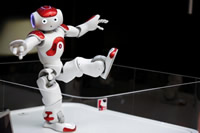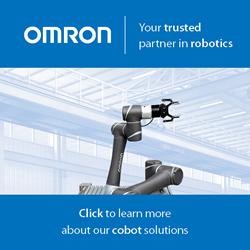Rise in Robotics Requires New Tax Approach, EU Report Warns
 Linda A. Thompson for Bloomberg: European lawmakers warn that the growing use of robots and artificial intelligence may cause job losses across the continent, threatening to result in plummeting tax revenues if current tax frameworks aren't revised to account for the rise of the robotic workforce.
Linda A. Thompson for Bloomberg: European lawmakers warn that the growing use of robots and artificial intelligence may cause job losses across the continent, threatening to result in plummeting tax revenues if current tax frameworks aren't revised to account for the rise of the robotic workforce.
Practitioners told Bloomberg BNA that taxing robots as “electronic persons,” as the EU contemplates in a recent report, would hinder innovation and that other ways of taxing the value that robotics create should be explored.
The recent European Parliament Committee on Legal Affairs draft reportrecommends the European Commission adopt a resolution to require companies to report on “the extent and proportion of the contribution of robotics and AI to the economic results of a company for the purpose of taxation and social security contributions.” Its first paragraph references Frankenstein, and comes amid mounting concerns that the rise in automation and artificial intelligence in the workplace will fundamentally alter economies, destroy jobs and jeopardize social welfare programs such as social security. Cont'd...
Comments (0)
This post does not have any comments. Be the first to leave a comment below.
Featured Product

